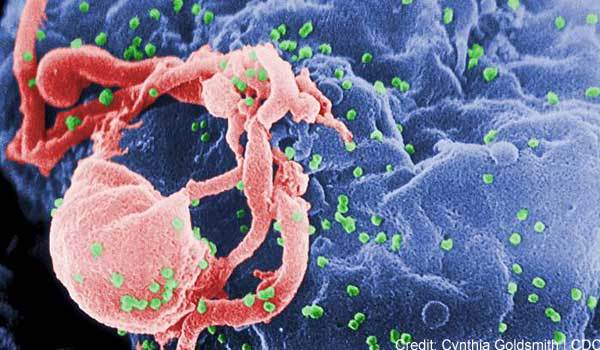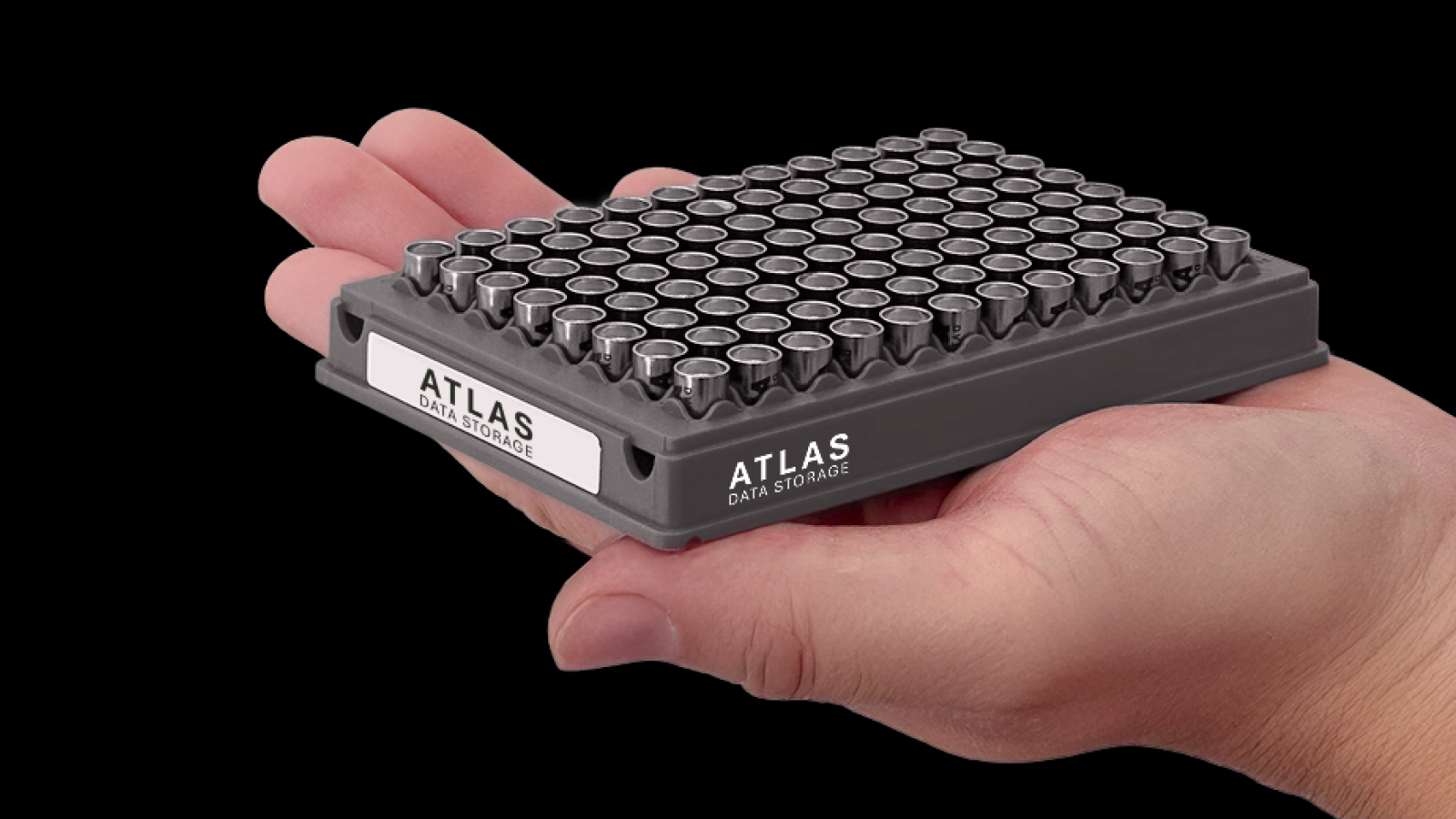Drugs that Prevent HIV Transmission Named 'Breakthrough of 2011'

A trial showing that antiretroviral drugs could reduce the transmission of HIV between sex partners by 96 percent has been named the breakthrough of the year by one of the world's leading scientific journals.
The journal Science announced today (Dec. 22) that the results of the HPTN 052 trial, which were revealed in May, were the most important of 2011.
The HPTN 052 trial was a study of 1,763 couples, where one partner was HIV-positive and the other was not. Half the infected people received antiretrovirals, and the researchers found a 96 percent reduction in transfer of the virus. These results were discovered as the researchers prepared for a data and safety monitoring board meeting in the midst of the study, and as a result, the trial was ended four years early and all participants were offered antiretroviral treatment.
"HIV prevention has had very few successes," said Jon Cohen, a correspondent for Science who nominated the trial to the committee deciding the award. "The biomedical success story was limited for many years to prevention of mother to child transmission," which had been shown in 1994.
While condom use, behavior change and circumcision have been shown to prevent HIV, "the list of failures that have happened in prevention is incredibly long," Cohen said.
Calling HPTN 052 the cornerstone, Cohen said, "It's not, in and of itself, going to solve the problem, it's not going to end the epidemic."
"It's not a vaccine, Cohen said, "but it's the next best thing, and it's available today."
Get the world’s most fascinating discoveries delivered straight to your inbox.
Will the drugs work for everyone?
Because the study was conducted in heterosexual couples, it's unclear whether the same benefit would extend to men who have sex with men.
Some ongoing studies are attempting to answer that question, and while the mechanisms behind transmission differ slightly, it seems all uninfected partners would benefit from antiretroviral drugs.
In fact, it may be unethical to run a similar trial in homosexual men at this point, given the strong evidence that the drugs work, because such a trial could be seen as withholding effective treatment from the people in the control group, Carl W. Dieffenbach, director of the Division of AIDS at the National Institute of Allergy and Infectious Disease, told MyHealthNewsDaily. The institute sponsored HPTN 052.
"I certainly think it's an important study," said Kevin Frost, chief executive of amFAR, the Foundation for AIDS Research. "It has begun to shape the conversation about the role of continuing to try and scale up treatment efforts worldwide, to get people onto treatment."
But, Frost said, he is skeptical about getting funding and support for such efforts.
Making treatments easier to stick with
An NIH-funded trial, called START, is under way to determine just how soon after infection antiretroviral therapy should be started.
Dieffenbach said he is concerned with getting people to start and adhere to antiretroviral therapies. The problem, he said, is what is known as the "treatment cascade": For every 100 patients who are HIV-positive, 79 are aware of it, 47 of those are linked to care, and only 26 are on treatment that is suppressing the virus in their blood.
Part of the solution, Dieffenbach said, is replacing a daily pill with a patch or injection that can be taken less frequently, and isn't as reliant on an individual's behavior.
"This is the fundamental challenge that we face now. We absolutely know that treatment matters," he said.
"It's really time to now go back and look at new formulations, new molecules that remove the adherence [issue]," Dieffenbach said. "The other part of that is looking at curing HIV infection and eliminating the disease. That's the revolution we need to get going."
Pass it on: A study showing that HIV transmission can be largely prevented with antiretroviral drugs has been named the most important finding of 2011.
This story was provided by MyHealthNewsDaily, a sister site to LiveScience. Follow MyHealthNewsDaily on Twitter @MyHealth_MHND. Find us on Facebook.



